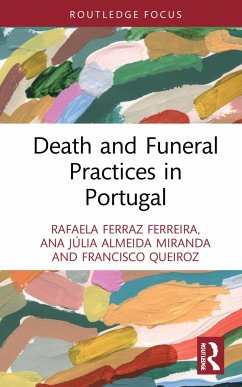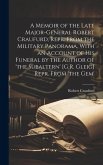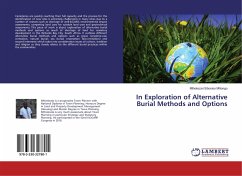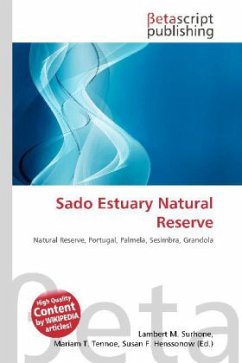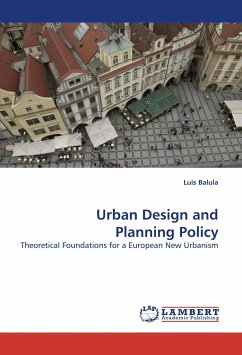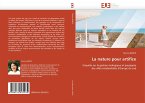Academic studies on death and cemeteries are relatively recent in Portugal; those that do exist tend to adopt an essentially historical and artistic point of view. Studies on the practicalities of managing the dead and their spaces are even more recent, and they do not yet form a cohesive body of work.
Combining both approaches, Death and Funeral Practices in Portugal is the first book to offer a broad look at the evolution and current status of Portuguese funerary practice. By exploring the country's historical development, examining the contemporary legal framework, and systematizing the way Portugal manages its cemeteries, crematoria, and other death spaces, this book aims to provide an essential reference to researchers with an interest in Portuguese funeral practice. Among other themes, this book interprets the predominance of Catholic funerals, examines the relatively recent history of cremation, and contextualizes the practices of exhumation and grave re-use, which are integral to the normal functioning of a Portuguese cemetery.
This is the first book on Portuguese death and dying written specifically for a non-Portuguese audience. It will be of interest to researchers and scholars but also accessible to students and non-specialist readers first coming into the subject.
Combining both approaches, Death and Funeral Practices in Portugal is the first book to offer a broad look at the evolution and current status of Portuguese funerary practice. By exploring the country's historical development, examining the contemporary legal framework, and systematizing the way Portugal manages its cemeteries, crematoria, and other death spaces, this book aims to provide an essential reference to researchers with an interest in Portuguese funeral practice. Among other themes, this book interprets the predominance of Catholic funerals, examines the relatively recent history of cremation, and contextualizes the practices of exhumation and grave re-use, which are integral to the normal functioning of a Portuguese cemetery.
This is the first book on Portuguese death and dying written specifically for a non-Portuguese audience. It will be of interest to researchers and scholars but also accessible to students and non-specialist readers first coming into the subject.

